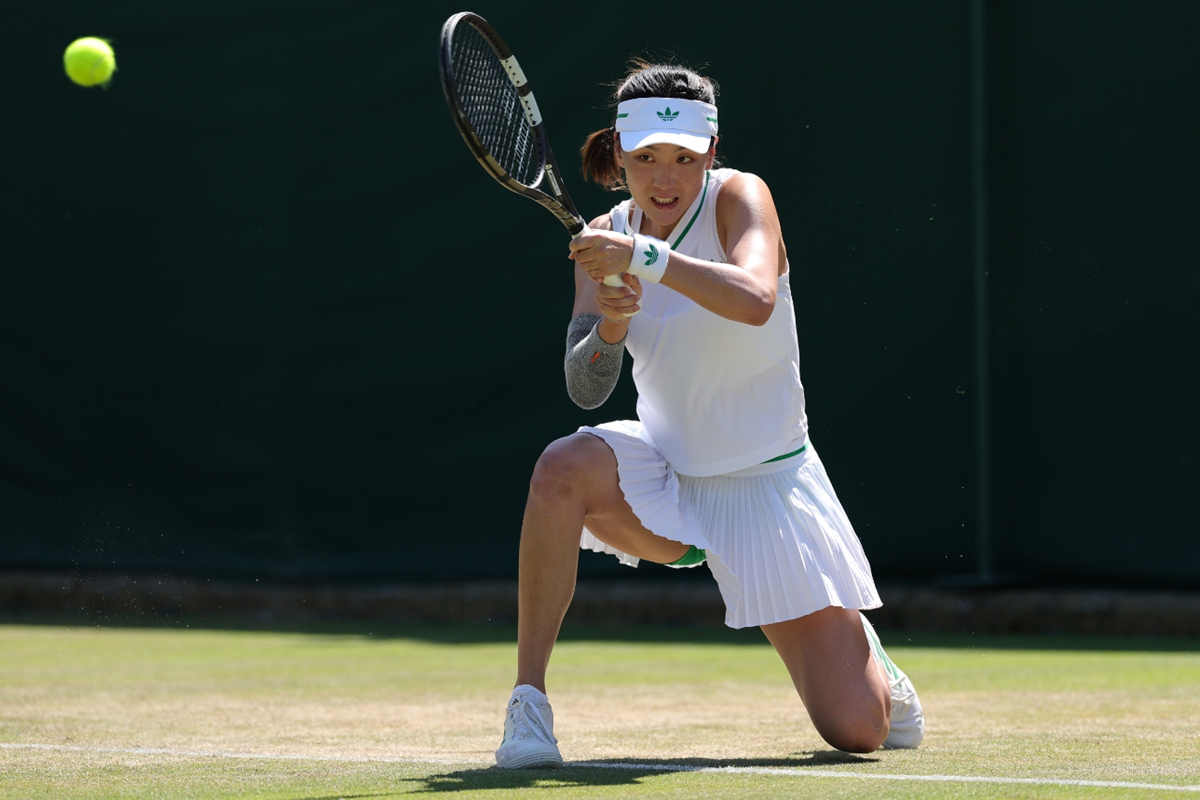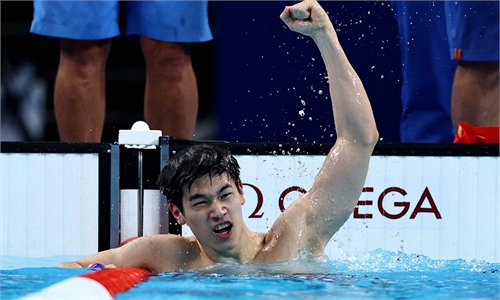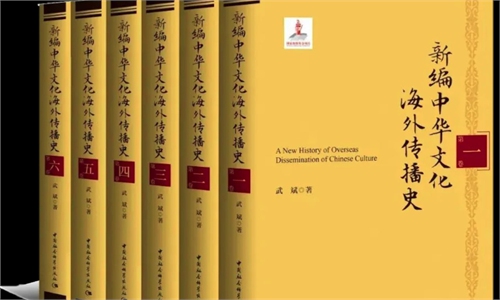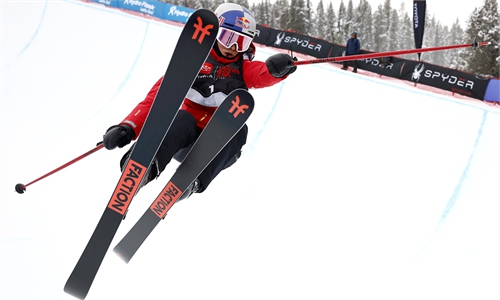SPORT / MISCELLANY
China’s Wang bows out of Wimbledon second round

Wang Xinyu plays a backhand against Zeynep Sonmez at the 2025 Wimbledon on July 3, 2025 in London, England. Photo: VCG
In a second-round shocker at Wimbledon, China's female tennis rising star Wang Xinyu was defeated by Turkey's Zeynep Sonmez by 7-5, 7-5, and all Chinese tennis players in the Grand Slam singles have been knocked out."This is a team led by youth," said Cui during an open training session on Thursday. "Young athletes, young coaches, we are building this for the Los Angeles 2028 Olympic cycle. This world championships will be a chance for them to grow through competition."
Cui described the effort as a "new beginning" for Chinese swimming, emphasizing that 2025 marks the first major international test of the post-Paris Olympics period.
"We are not just competing, we are experimenting," he said. "Our coaching team averages just 40 years of age. That's unprecedented for a top-level Chinese squad."
The 2025 World Aquatics Championships will take place from July 11 in Singapore, with swimming competitions to start on July 27.
While much of the global swimming world traditionally experiences a post-Olympic lull, the current season has bucked that trend.
"Six world records have already been broken in the first half of this year," Cui noted. "This shows how quickly the global level is advancing, and how urgently we must respond."
Cui said that China is ready to do just that, with a dual focus on strengthening coaching and applying cutting-edge science and technology.
A training framework built around the principles of "three strict rules and one innovation" - strict attention to technical detail, strict training intensity, strict focus on competition readiness and innovation in methods - is already in place.
"Chinese swimmers are never short on talent or hard work," he added. "What we need is a stronger coaching foundation. We're building that now, allowing young coaches to try, to even fail, and to grow. This process is about long-term development."
Foreign expertise is already playing a major role. Renowned coach Michael Bohl, who previously trained Australian Olympic champion Emma McKeon, is now working with the Chinese team.
"Bohl brings not only high-level competition experience, but also new ideas that can enrich our younger coaches," said Cui. "It's not just about results. It's about creating a system of collaborative learning."
Despite the youth-oriented focus, Chinese swimming is not leaving its stars behind. Swimmers like Xu Jiayu (30), Wang Shun (31), and Zhang Yufei (27) are still at the heart of the team, helping set the tone.
Xu, who will be competing in his seventh world championships, said the atmosphere feels both familiar and renewed. "There's a difference in mind-set now," he said. "I'm learning to enjoy competition more, to try new approaches in training, even to fail and adjust."
He will compete in the 50m and 100m backstroke events, hoping to set the pace for the younger generation.
"Experience can be shared, but it's not something you can teach directly. People have to go through things themselves. But I do hope they can take something from how we handle challenges," he said.
Butterfly specialist Zhang Yufei echoed similar thoughts, saying her training under coach Bohl has been transformative, both physically and mentally.
"He told me, 'You're a great swimmer, but if you want to improve, you need to leave your comfort zone.' That really hit me. I realized I'd been coasting a bit. Now I'm embracing challenges again, and starting to enjoy it."
Among the younger athletes, 19-year-old breaststroke star Tang Qianting has set her eyes on defending her world title, and chasing the world record.
"That's always been the goal," she said. "We're training with intensity and clarity. This is the only international event for me this season, so I want to give it everything."
Distance freestyle ace Li Bingjie, meanwhile, remains focused on the 800m and 1,500m events.
"My aerobic base has improved after altitude training in Kunming," she said. "Now it's about sharpening speed. I want to test myself against the world's best."
Pan Zhanle, Qin Haiyang, Peng Xuwei, and newcomer Yang Peiqi are among the others showing strong form.
Coach Cui admitted it's too early to tell whether they can match the world's elite, "They're not at their peak yet," but said their progress is encouraging.
Cui is closely monitoring international rivals.
"The US already posted 13 world-leading times in their selection trials, and they lead seven of the eight relays. Australia and Canada are also strong," he said. "China currently leads one event, ranks second in two others, and is top-three in six total. We are in the conversation."
He also noted how international swimmers are adapting and learning from China.
"Athletes like David Popovici have changed their technique, in a way that resembles Pan. Gretchen Walsh's fast front half is similar to what we saw from Zhang before Tokyo. The world is learning from each other. We must too."
Ultimately, Cui's vision is not limited to Singapore, nor even Los Angeles.
"We want to build a coaching and training model that can carry us through to Brisbane 2032. That means building a young and collaborative coaching culture, encouraging experimentation, and ensuring continuity, even transitioning veteran swimmers into coaching roles."



